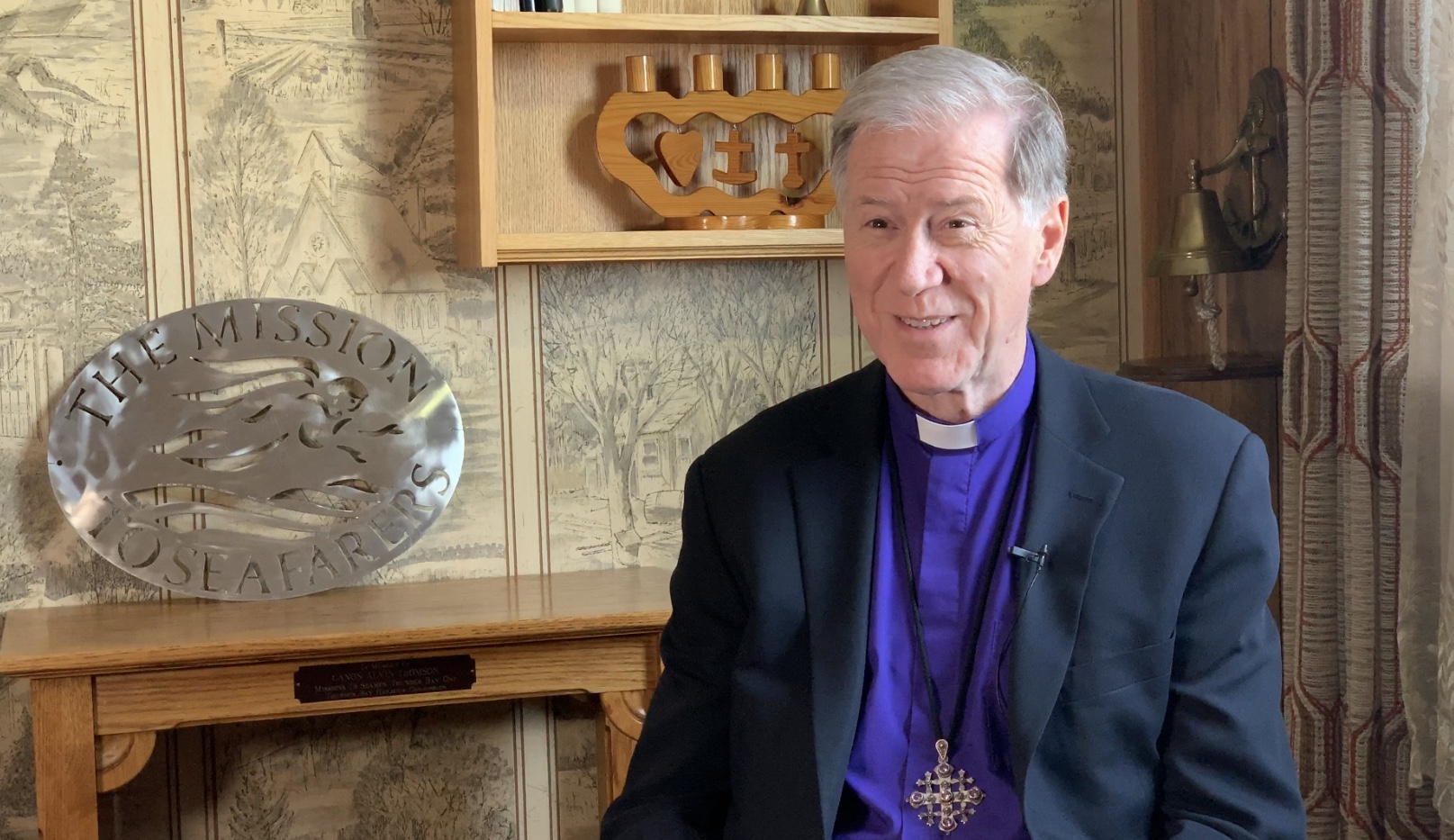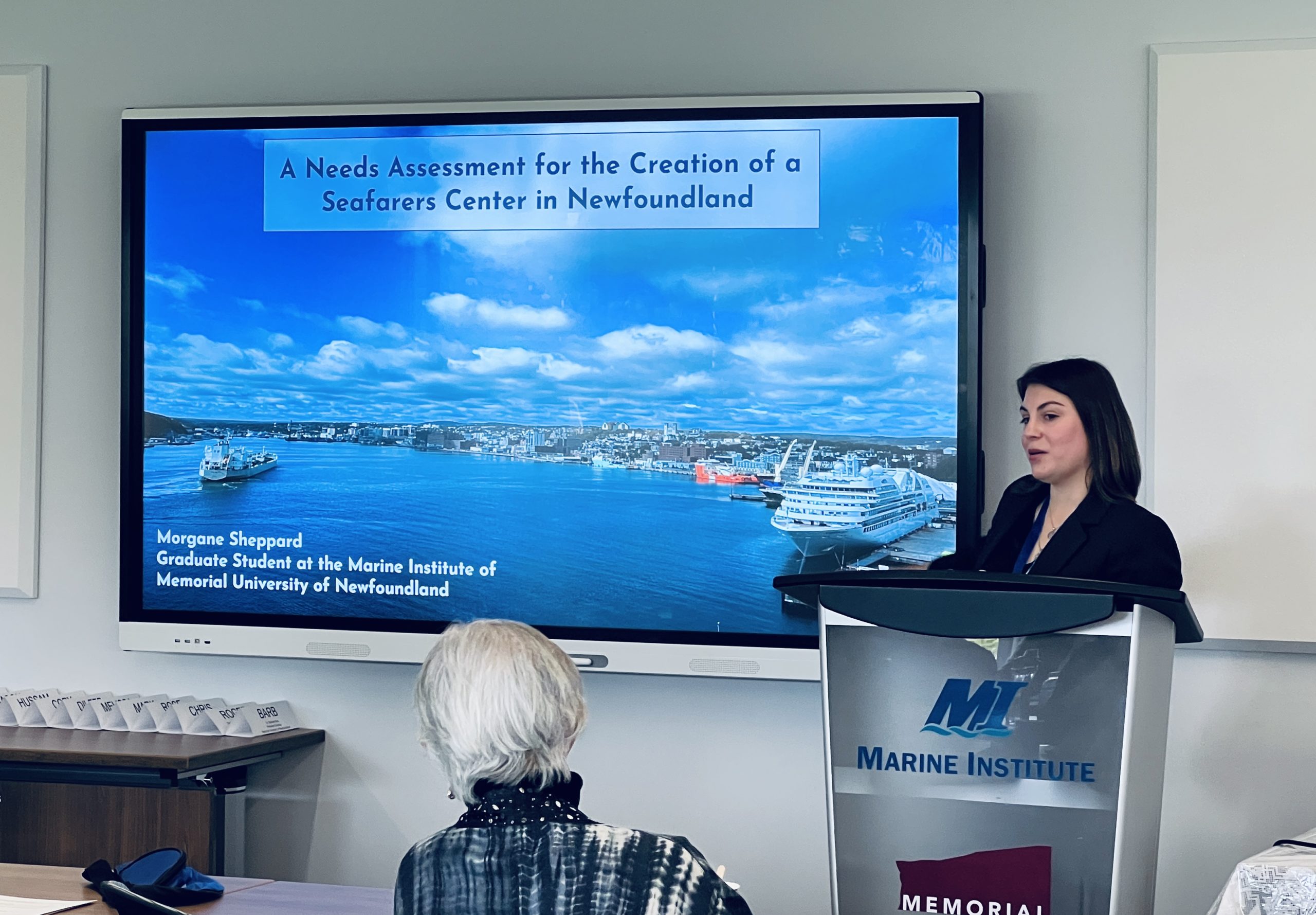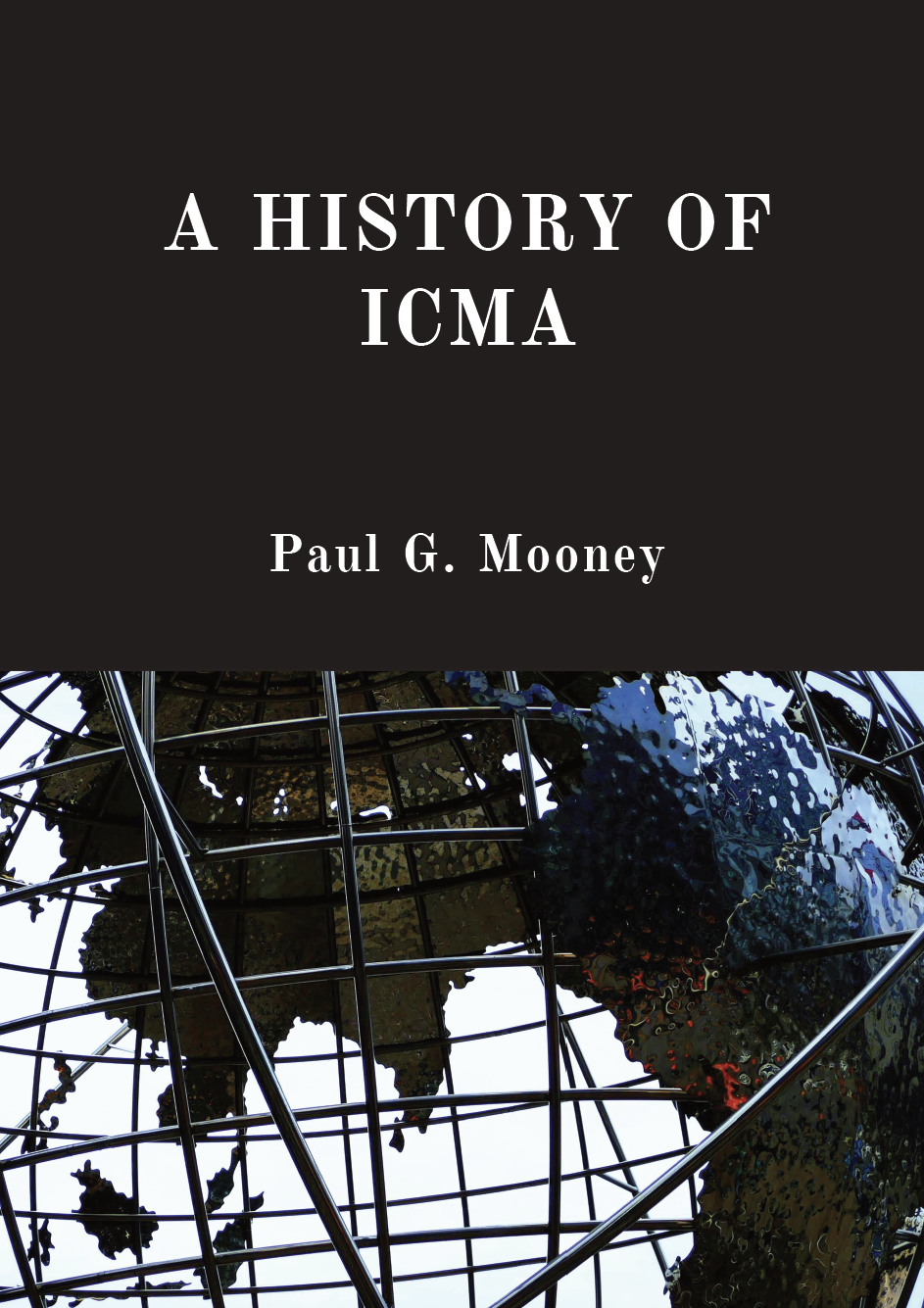During the most recent Missions to Seafarers Canada regional meeting in Thunder Bay, Jason Zuidema of The MARE Report had a chance to sit down with The Most Rev. Fred Hiltz, Primate of the Anglican Church of Canada and liaison bishop for Mission to Seafarers Canada Region, to ask about the importance of seafarers’ ministry and its connection to the church. Thank you to Archbishop Hiltz for his encouragement and availability to support seafarers’ ministry in Canada.
MARE: How did you get involved with the Mission to Seafarers?
I have had the privilege for the last six years to be the acting liaison bishop with the Mission to Seafarers. That brings me into an immediate relationship, a pastoral relationship, with all of the chaplains across Canada: in the Port of Vancouver, Thunder Bay, Sarnia, Toronto, Hamilton, Oshawa, Saint John, and Halifax.
I have always had an interest in the Mission to Seafarers. I remember as a child being taken to the Mission to Seafarers in Halifax, and I have always been drawn to it, having grown up in Nova Scotia. I am also drawn to the sea, so I have a great affection and admiration for the Missions to Seafarers and the amazing care that they provide for seafarers all around the world.
MARE: What is the mission of the Mission to Seafarers?
I think in the very first instance it’s to show the love of God to these people who transport the majority of the world’s goods. Few of us really get that almost everything that we purchase is shipped from some part of the world and how dependent that makes us on seafarers. Seafarers are for the most part invisible, so for me the Mission to Seafarers is in the first instance about an amazing respect for their labours, their courage, and their commitment to making a living in such a way. They are so far from home for so many months at a time. The Mission just simply exists to care for them and their well-being on board and on shore.
For me it’s always been a way of saying thank you for who you are. It’s a way of honoring the work that they do and providing the best kind of warmth and welcome we can for them when they do get a chance to get off the vessel. Now, in a time when turnarounds of ships in port are shorter and shorter, getting off the ship can be very challenging. But there again, the onboard visits that chaplains make are even more critical in those moments. I’m also aware that living conditions onboard some vessels are not good – some ship owners and shipping lines have wonderful vessels that are in good shape, safe, and clean, but we also know that there are others which are kind of like rusty buckets. For those poor seafarers that are on these ships, they are like prisons, and so we have a role in all of that to speak up for seafarers’ right to work in safe conditions.
MARE: Why is it important for the Church to have a relationship with the Mission to Seafarers?
I think the Church’s engagement in the Mission to Seafarers, caring for seafarers around the world, and advocating for their rights is a marvelous expression of the Gospel. From an Anglican perspective, we say that we will respond with compassion to those in need, that we will stand by those whose rights are threatened or violated, and that we will intervene with them. We do that in the name of Christ, and in the name of his Gospel of love and mercy and justice for all people. So that for my mind is why the Church is involved in service to seafarers.
Otherwise it’s a lovely social service. But we do it because we believe Christ has called us to it. And, of course, we have the profoundly beautiful images from the Gospel itself of Jesus’ own closeness to the sea: fear upon the waters, breakfast by the sea, calling the apostles to be fishers of people. It is actually in the DNA of the Gospel and the life of the Church itself.
MARE: In ministry we often want to act first and listen second. Why is listening often so hard, yet integral to the Mission to Seafarers?
We need to learn to listen. I think we need to learn to listen to seafarers’ story. We need to listen to their pain. We need to listen to the hardships that they experience from time to time. We need to listen to their loneliness. We need to listen to their desire to connect with their families and their yearnings for good and safe working conditions.
Listening is not just with the ears, but with the heart. It also needs to be listening between the words: trying to hear the great need that’s being shared, the great pain, or the great hope and trying to hear those things in the midst of the conversation. We need to listen in such a way that, if there is a need that needs to be addressed, a great pain that needs to be worked through, or a great hope that they’re really clinging to, we can help them.
MARE: What’s the message that you would tell to encourage staff and volunteers in missions across Canada?
You are performing a wonderful ministry. It is a ministry that is often unknown, but very important. It is good ministry. It’s the Gospel in action – reaching out and caring for people in this incredibly amazing way, offering people a warm welcome, listening to their stories, encouraging them on their way, assuring them that in another port there is another Mission to Seafarers station where they will also receive love and care and attention.
Thank you.





